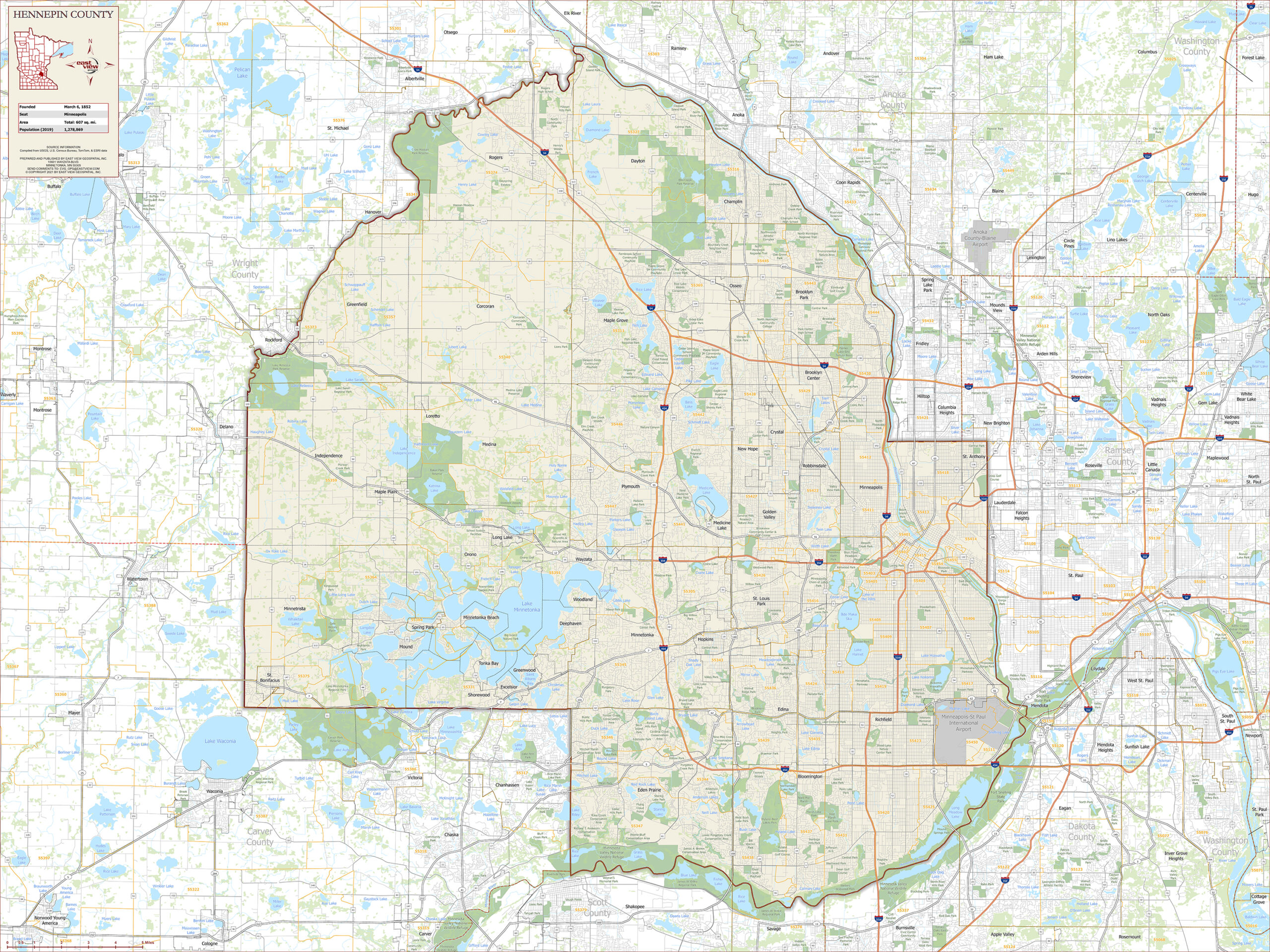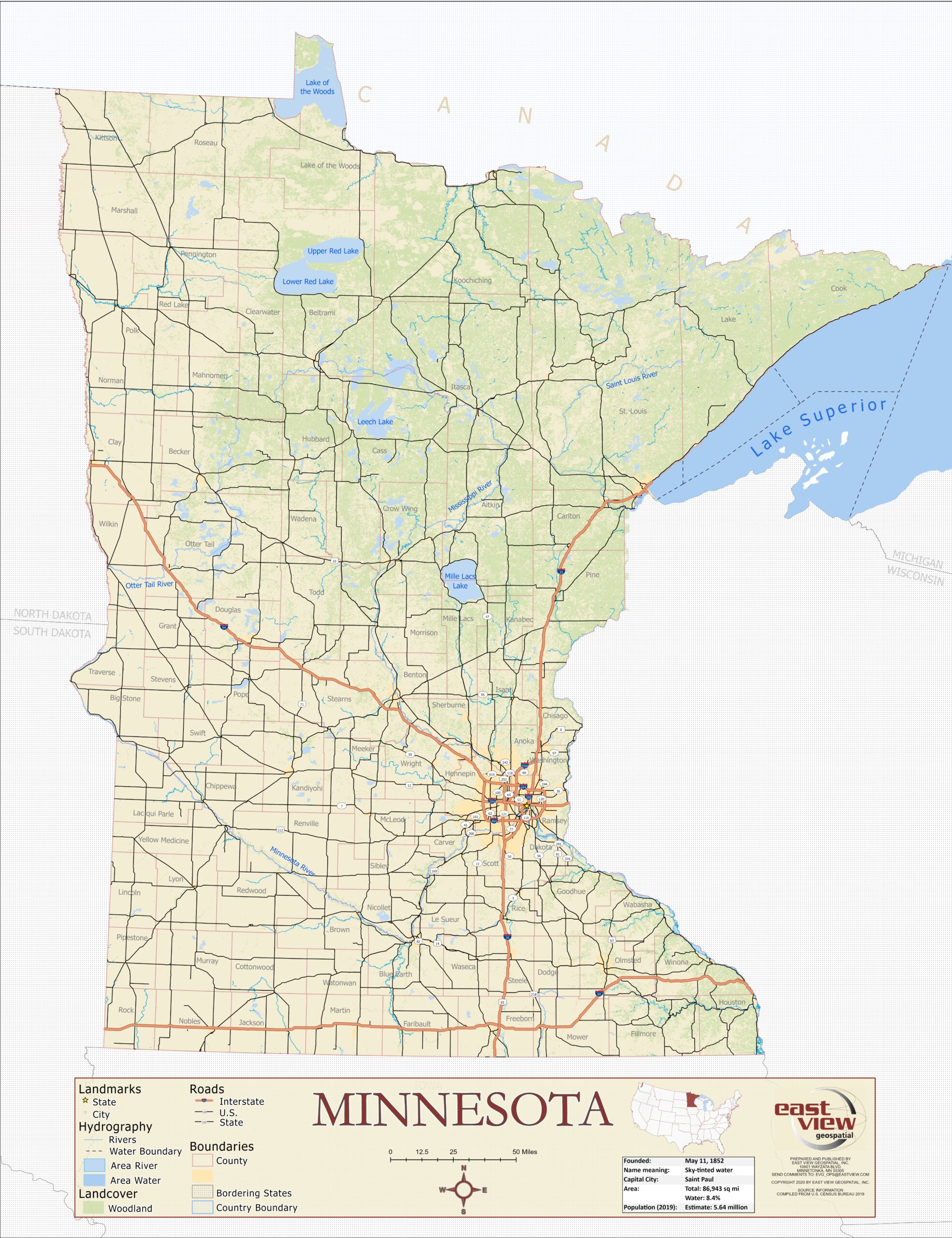The principal mapping agency is the Instituto Geográfico Agustín Codazzi (IGAC), Bogotá. Founded in 1935 as the Instituto Geográfico Militar, it acquired its present name in 1950. The IGAC is responsible for topographic mapping, cadastral survey, the inventory and classification of soil and other georeferenced environmental information, and for the compilation and publication of more general geographical material. There are four Subdirecciónes for handling these various tasks. Besides its headquarters at Santa fé de Bogotá, IGAC has seven regional offices and 21 sectional headquarters situated in major urban centres.
Systematic topographic mapping of the country began in 1945, in cooperation with the United States Army Map Service (later Defense Mapping Agency (DMA) and now National Imagery and Mapping Agency (NIMA)) through a mapping agreement with the Inter-American Geodetic Survey. Basic scale series were initiated at 1:25,000 and 1:50,000. The 1:25,000 scale Carta preliminar was issued from 1946, and covers the northern half of the country. Sheets have a contour interval of 25 m or 50 m. The 1:50,000 scale map comprises two series with different specifications. A series was initially started in 1958 by IGAC, and covered several departments in the east and southwest in about 300 sheets before being discontinued. The projection for this is Gauss conformal. In 1964 a version on Transverse Mercator projection, International (Hayford) ellipsoid, was started by the DMA, and covers the north and center of the country. This is in five colors with 25 m contours.
At 1:100,000 scale there is an extensive, though still incomplete, cover of the country. This also exists as two series: an IGAC series, and a DMA series (E671) with different sheet layout and numbering. The IGAC series is in five colors with 25 m or 50 m contours. The DMA series is more extensive. Sheets are mainly in four colors, with an English and Spanish legend and contours at 20 m or 40 m. Since 1991, DMA (NIMA) has been issuing sheets as satellite image maps with names and grid overprinted, and IGAC has also begun publishing image maps at this scale.
Parts of the country are also covered in a 1:200,000 scale series, started by IGAC in 1977. Contours are at 100 m intervals except in the southeast where the maps are planimetric and use a radar image base. There are also a number of 1:250,000 scale sheets, many of which are produced in the American DMA Series 1501 specification. Some sheets are in an aeronautical (JOG) version. This mapping is on the UTM projection, printed in seven colors, with contours at 50 m or 100 m intervals.
A 1:500,000 scale series in 24 sheets began in 1979. Only two sheets have appeared in the regular edition, but a large block of sheets is available for the south of the country in a radar image version.
There is a useful series of maps for each of the departments and intendencias, which also include inset maps of important cities. The latest editions were mostly published in the 1980s. Scales range from 1:100,000 to 1:500,000 depending on the size of the department.
The principal topographic map series now maintained by IGAC are the series at 1:25,000 and 1:100,000 scales. These are also used as base maps for thematic resource mapping and for cadastral purposes. New departmental mapping is also being derived from the 1:25,000 scale map. Large scale cadastral mapping is carried out in rural areas at 1:10,000 scale, and for urban areas at 1:2,000.
In 1992 a substantial overhaul and modernization of IGAC was initiated. This has included investment in new hardware and software tools, and digital production methods are now in place. The survey control is now being maintained using GPS and aerotriangulation, and analytical photogrammetry has also been introduced. A geographical information system is being developed using ARC/INFO and ORACLE software and all scales of mapping will be put into a digital mapping program. The German ATKIS data model has been adopted.
Soviet military topographic mapping of Colombia is available at the following scales: 1:1,000,000 (15 sheets, complete coverage, published 1963-1990); 1:500,000 (34 sheets, complete coverage, published 1963-1988) and a city (1:25,000) topographic map of Barranquilla published in 1979. These products are available in print, digital raster and digital vector GIS formats from East View Geospatial.
The Instituto de Investigaciones en Geociencias, Minería y Química (INGEOMINAS) was founded in 1916 as the Comisión Cientifica Nacional, but has had several changes of name. It took its present name in 1991 when the organization was restructured, but retained its acronym of INGEOMINAS, acquired in 1968. INGEOMINAS is attached to the Ministry of Mines and Energy and has a very active program of survey and research. Cartographic publications include the 1:1,500,000 scale geological map of the country, a 1:500,000 scale geological atlas, and a series of departmental maps which vary in scale from 1:25,000 to 1:500,000. Quadrangle mapping is published at 1:100,000 or 1:200,000 scales, accompanied by memoranda, covering about 30 percent of the country. Some of this has been undertaken in cooperation with the United States Geological Survey.
The Subdirección Agrológica undertakes soil surveys and laboratory analyses, producing soil, land use and forestry mapping. Publications are wide ranging and include a national land capability survey (PROCLAS) undertaken in the 1970s at 1:500,000 scale, and a more recent small-scale atlas of soils and forestry. More detailed studies have been undertaken on a departmental basis, and include mapping of land capability, agro-ecological zones, biophysical zones, and land evaluation for cadastral purposes. A number of departmental soil studies have been published recently, each study comprises a monograph with a set of maps, usually at 1:100,000 or 1:200,000 scale.
The Subdirección de Geografía of IGAC produces a number of publications of interest. These include the national atlas, first published in 1967 and now in its fourth, 1992 edition, and the Diccionario geográfico de Colombia, now in its third edition. The latter is in four substantial volumes and contains more than 110,000 toponyms and 32 departmental maps. The next edition of this dictionary will be a CD-ROM version. In 1998, an Atlas de Colombia multimedia was published on CD-ROM. This includes 1:1,500,000 scale mapping of the country as well as images, video, audio, photographs, text and statistical data. Other products also include the Atlas básico and a series of departmental volumes, Características geográficas departamentales, containing much thematic mapping.
The cadastral section within IGAC cooperates with other divisions in evaluating the physical, economic legal and fiscal attributes of land holdings.
Besides the government mapping, a few independent publishers produce general and tourist maps, including Cartur, which has a road and tourist map of the country and a city map of Cartagena, and Rodriguez.
Statistical data is collected by the Departamento Administratívo Nacional de Estadística (DANE), which is responsible for the demographic census, last held in 1993. It produces census tract maps and digital maps of urban areas.
Copyright © 2014 De Gruyter for e-version of World Mapping Today, 2nd Edition | Copyright © 2019 East View Geospatial, Inc.



